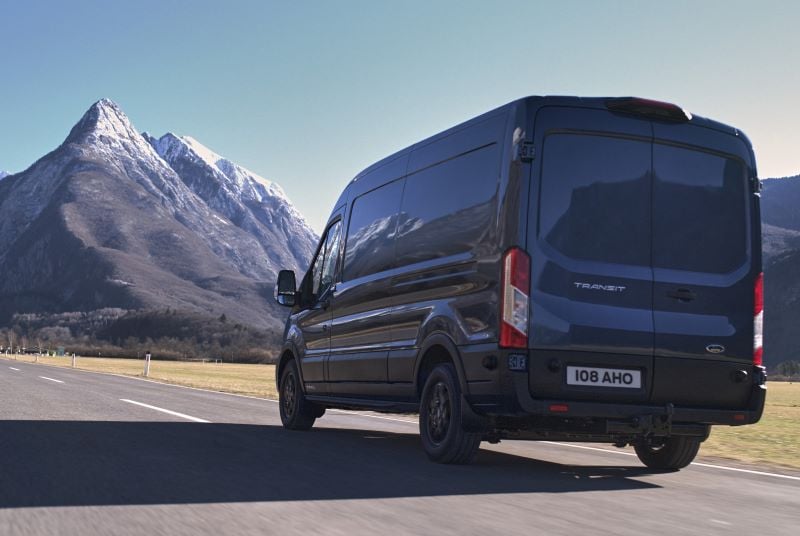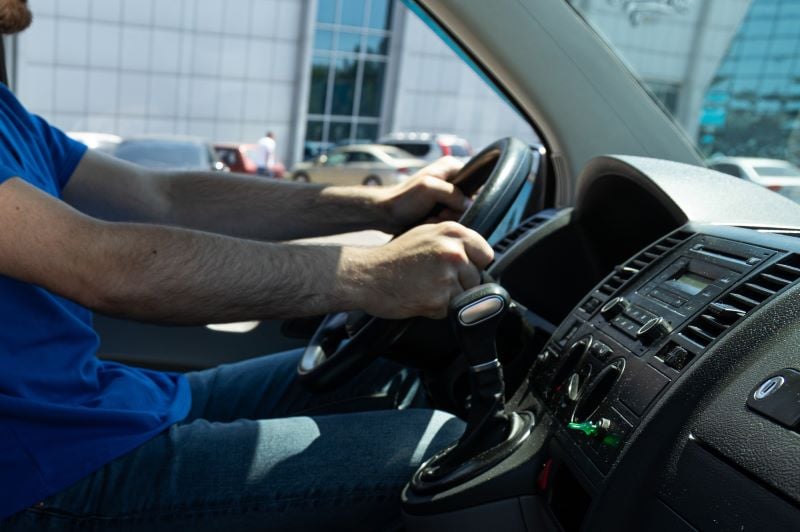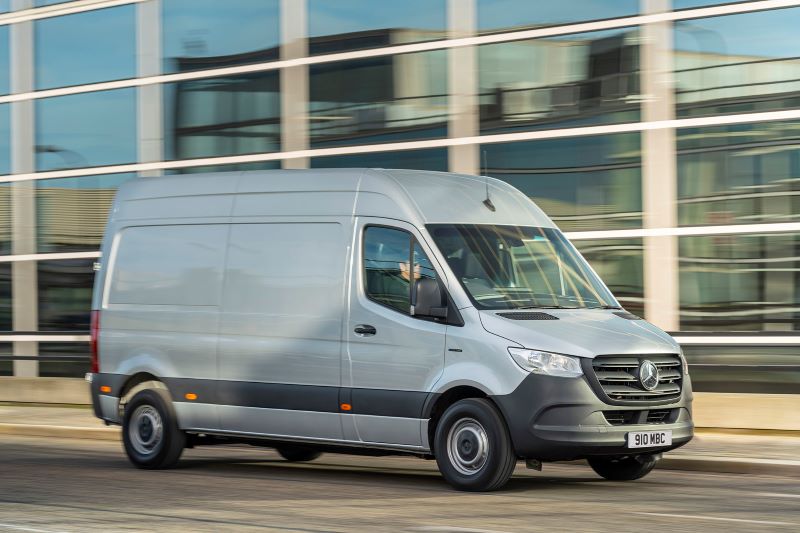Top Tips for Driving a Van Frugally - Why It Could Save You Thousands

New research has revealed that poor driving habits could be costing van drivers and fleet owners thousands a year unnecessarily.
Data taken from more than 4,500 participants as part of the ‘Driving for Work’ training scheme revealed a large proportion of drivers exhibit habits that infringe on safety and could cost them financially in the long term too.
The study found almost a fifth (23 per cent) are prone to tailgating other drivers, while even more (28 per cent) don’t check blind spots and mirrors regularly.
It also discovered that up 33 per cent of drivers were rated ‘below average’ for driving in the appropriate gear and 34 per cent were classed as poor for managing their speed and the space around their vehicle.
Beyond the safety implications of the findings, there is a concern that driving in an uneconomical way could have a huge financial impact on fleet owners when the issues are multiplied across multiple drivers.
Nicholas Lyes, policy & standards director at IAM RoadSmart, said: “These findings will make disappointing reading for many fleet managers who are on the frontline for ensuring safety and reducing their organisation’s cost and carbon footprint.
“What these results show is that bad habits creep in over time, even with good drivers. The implications for fleets are significant, not only in terms of damage to vehicles, but for the safety of drivers and other road users and as a consequence, reputation.
“In far too many cases, drivers are failing to carry out even basic actions, like checking their mirrors or maintaining a safe distance from the vehicles in front.
“These actions also have cost implications – but a few small changes can make a big difference – such as eliminating over-revving and managing speed.
“By doing so, modestly sized fleets save tens of thousands of pounds each year, while larger fleets are potentially wasting more than £70,000 annually."

Top Tips for Driving a Van Economically
It’s easy to get complacent with driving, particularly if you have experience. While it is unlikely that regular drivers won’t exhibit the same habits as they would have done on a test, a few key changes to your driving style could save you thousands down the line.
Appropriate Gears – One of the big findings from the study revealed a large proportion of drivers were not in the correct gear. While this wouldn’t apply to those driving a van equipped with an automatic gearbox, appropriate gearing will help you save pounds at the fuel pump. Ideally high gearing where possible – such as on the motorway – will keep revs lower and be more frugal with fuel. When joining a highway, get to a higher gear as quickly as it is safe to do so and try to avoid ‘kicking down’ to overtake.
Drive Smoothly – Saving fuel is key to lowering the running costs of driving a van, so it is worthwhile considering this when accelerating and braking. Try to avoid accelerating or braking harshly, a task made easier if you’re not too close to the vehicle in front of you – it might give you the chance to coast to a stop. The same goes for cornering, try to maintain a steady speed to take bends safely without the need to brake and then accelerate.
Watch Your Speed – If you want to hit the fuel consumption figures laid out by a van manufacturer, it is important that you adhere to speed limits. It will help you maintain a safe distance to the vehicle in front and mean fewer gear changes. It is also recommended you are aware of the different legal speed limits permissible to the commercial vehicle you are driving as it may vary to the national limits.
Planning and Preparation – If you’re looking for the most frugal route to your destination, many satellite navigation and phone maps services will have an option to choose the journey that works out cheapest. As a result, it is important to plan for the journey ahead, particularly if you conduct deliveries, to ensure you cover the least miles possible.
Load Management – Be mindful of the load you carry in your van. If you don’t need to lug around all of your cargo when out on the road, the fuel savings of driving a light compared with a heavy van can be very significant. It can also reduce wear and tear over a long term.
Maintenance – Regular servicing and diligent maintenance could make significant savings by ensuring you remain on top of your van’s condition. At the very least it could help you avoid large, unexpected costs should something go wrong that could have fixed earlier. Moreover, regularly checking tyre pressures could help you drive more frugally.
Vansdirect offers a service and maintenance package built into your van leasing payments to ensure you avoid any large upfront costs for repairs.

Lease A New Van With Vansdirect
Leasing a van with Vansdirect has never been easier to better value for your business
Get the right van lease deal, right now on the van you want, including the Ford Transit Custom, Vauxhall Movano, Mercedes-Benz Sprinter and Citroen Berlingo.
Speak to our expert team today and you could be driving a new van sooner than you expected for less than you think.

















